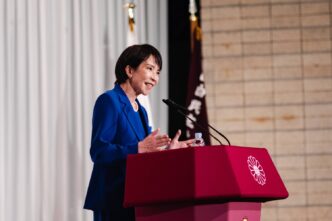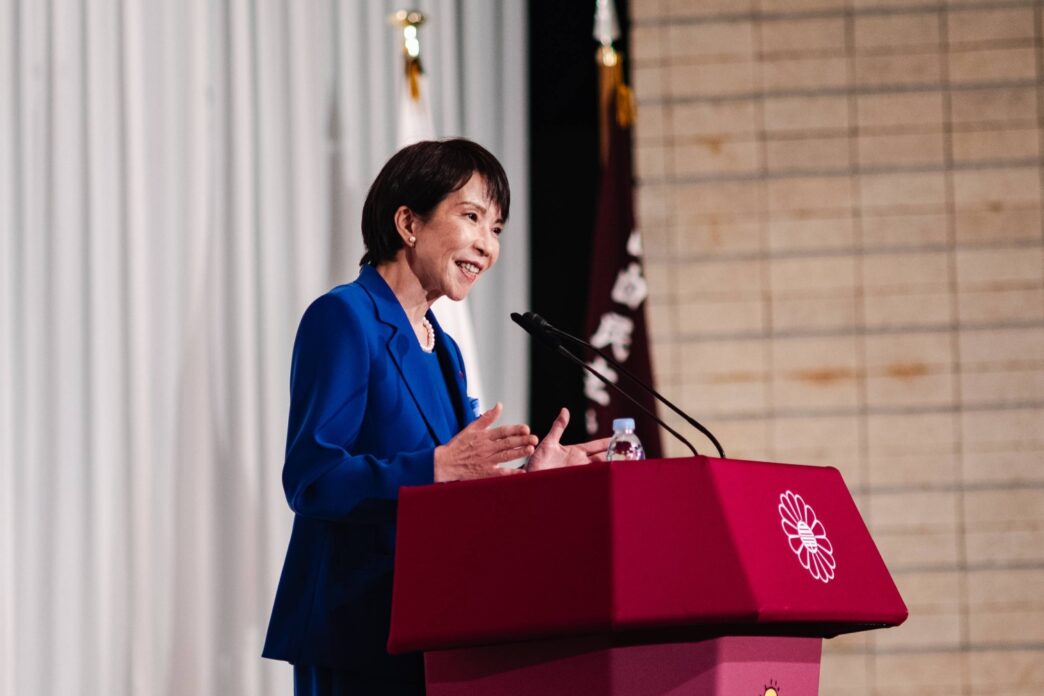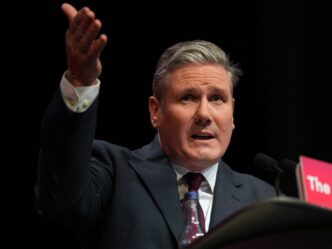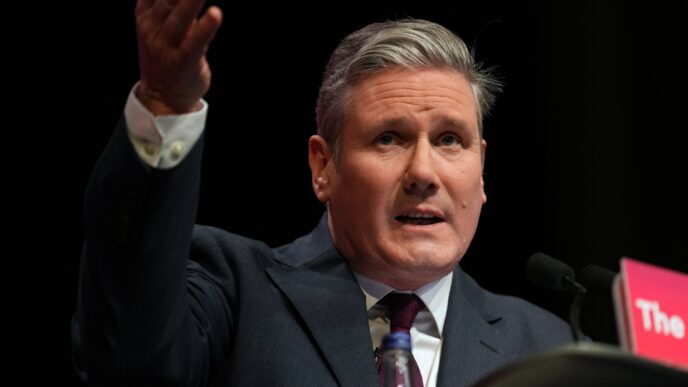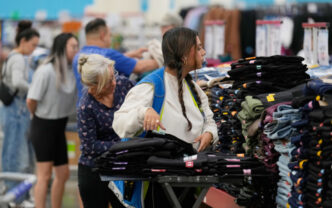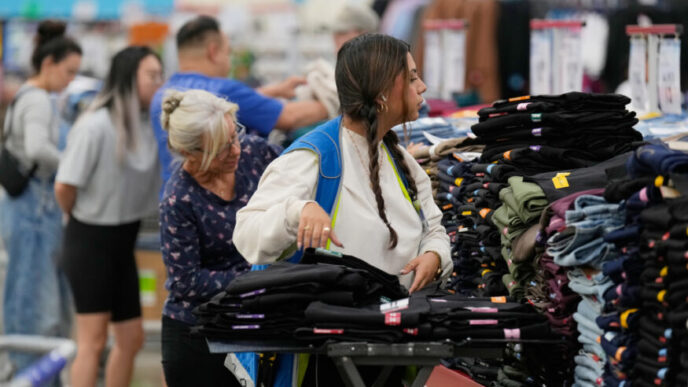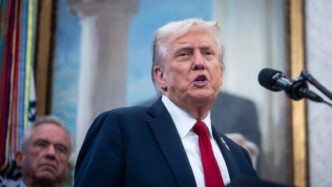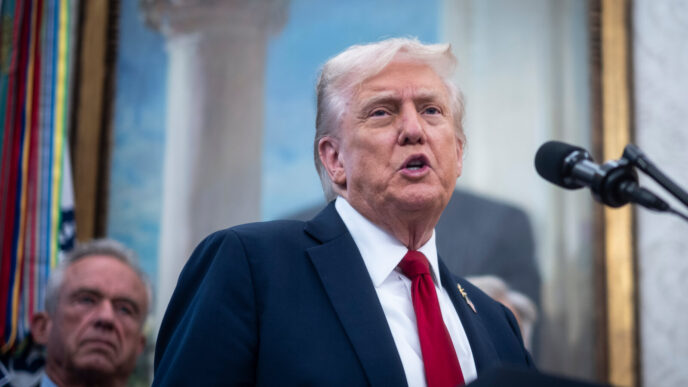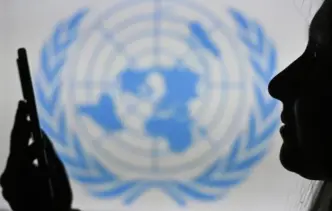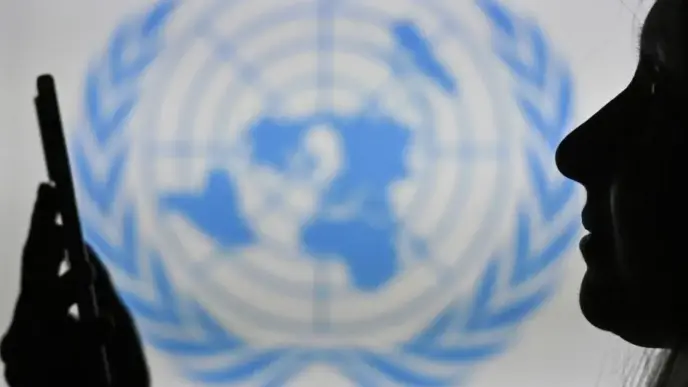Japan’s new conservative Prime Minister, Sanae Takaichi, has pledged to strengthen ties with the United States under President Donald Trump while taking a firmer stance on China and immigration.
In her first policy address to parliament on Friday, Takaichi — Japan’s first female premier — said Tokyo would boost defence spending to two per cent of GDP this fiscal year, reaching its goal two years ahead of schedule.
She vowed to “elevate the Japan-US relationship to new heights” during Trump’s upcoming visit, adding that she aimed to build “a relationship of trust” with Washington.
A long-time critic of Beijing, Takaichi described the growing military activity of China, North Korea, and Russia as “a grave concern,” warning that the global balance of power was undergoing “historic shifts.”
China’s foreign ministry swiftly criticised Japan’s plans to expand its defence budget and relax arms export rules, saying such moves raised doubts about Japan’s commitment to a peaceful path.
Beyond foreign policy, Takaichi faces major domestic challenges, including a stagnant economy and a declining population.
She acknowledged Japan’s need for foreign workers but promised stricter immigration enforcement, stressing that “illegal activities by certain foreigners” had caused public unease.
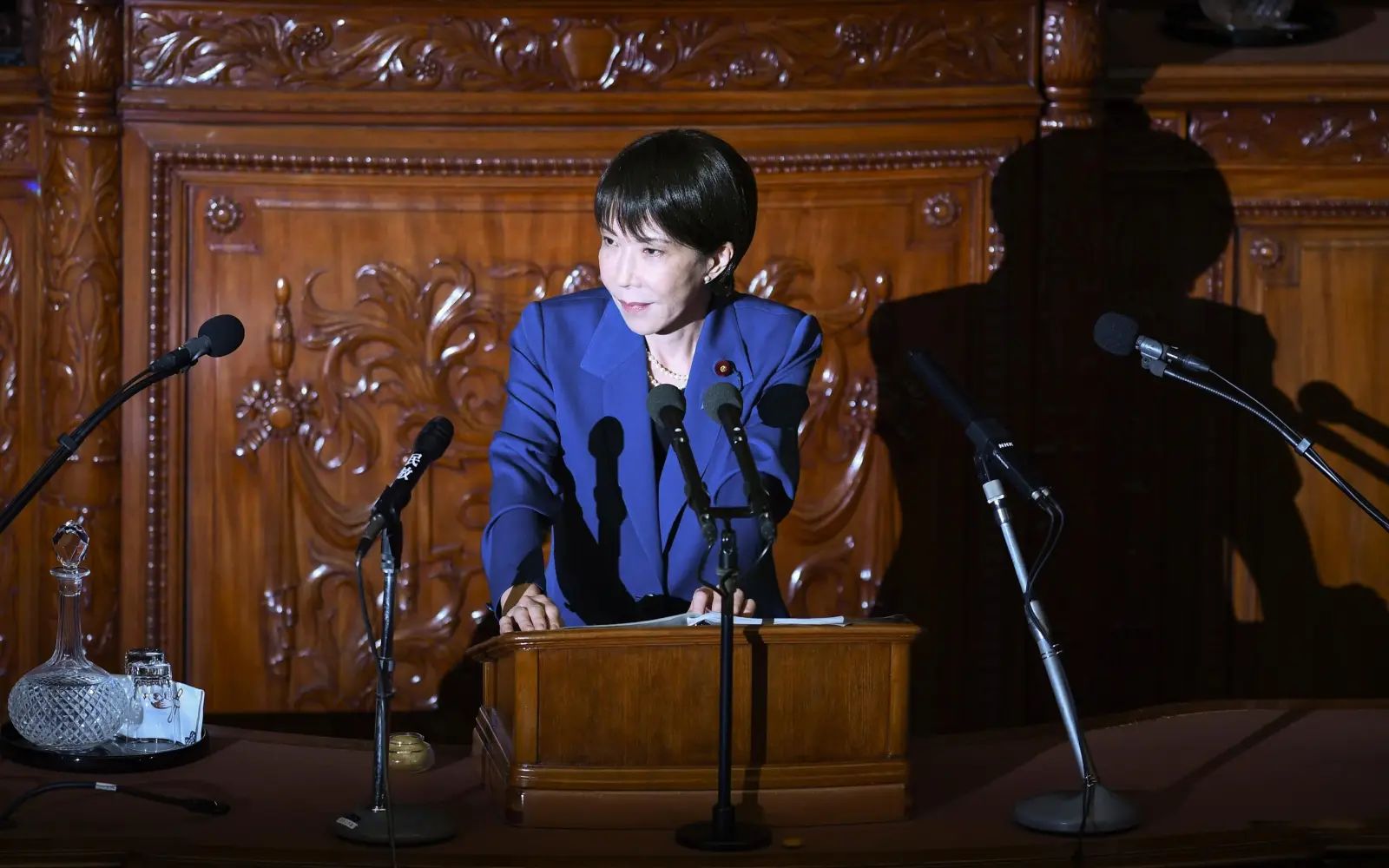
“While we draw a clear line from xenophobia, the government will respond firmly to such acts,” she said, adding that the administration would review rules on land acquisition and other sensitive matters.
Takaichi appointed Kimi Onoda as minister responsible for fostering a “harmonious coexistence with foreign nationals,” a role that previously existed without a minister.
The appointment has sparked online misinformation, with some falsely claiming it was linked to “mass deportations.”
On the economy, Takaichi said easing the cost-of-living crisis was a top priority, though she offered little detail on the proposed relief package.
Her predecessor, Shigeru Ishiba, resigned after only a year in office amid voter anger over rising prices.
Official data released Friday showed inflation rose to 2.9% in September, up from 2.7% the previous month.
Although Takaichi supports increased government spending and looser monetary policy, she said decisions on interest rates would remain with the Bank of Japan (BoJ).
Analysts warn that US tariffs could weigh on Japan’s corporate profits and wage growth, even as the BoJ continues its cautious shift away from ultra-loose monetary policy.


 Trending
Trending 
